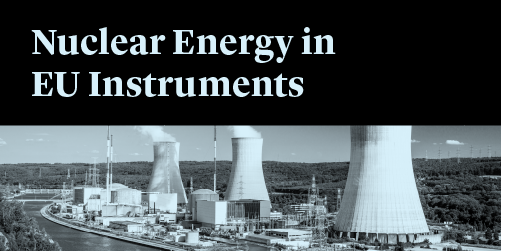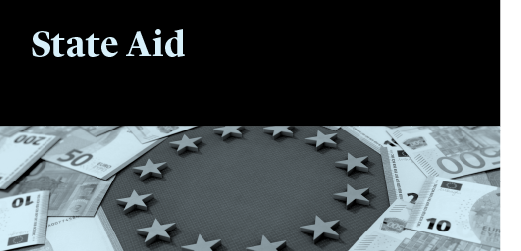Nuclear
Nuclear energy’s role is perhaps the most divisive topic in the EU energy agenda.
While not “renewable,” nuclear energy is “low-carbon”. It produces three times less green-house gas emissions over its life-cycle than solar energy, and about the same as wind energy. Nuclear energy is also nonintermittent: it is not reliant on uncontrollable external factors (like sunlight). Despite these benefits, concerns over nuclear waste and safety— have caused States to adopt widely different policy positions on the energy across the EU. Some Member States (like France) spearhead support for its inclusion in key legislation, while others (like Austria) seek to limit any assistance to renewables.
The proposals, results and compromises reached by the EU Institutions and Member States concerning nuclear energy, as well as key State Aid decisions will be explained in this section of the Energy Resource Center.
 |  |